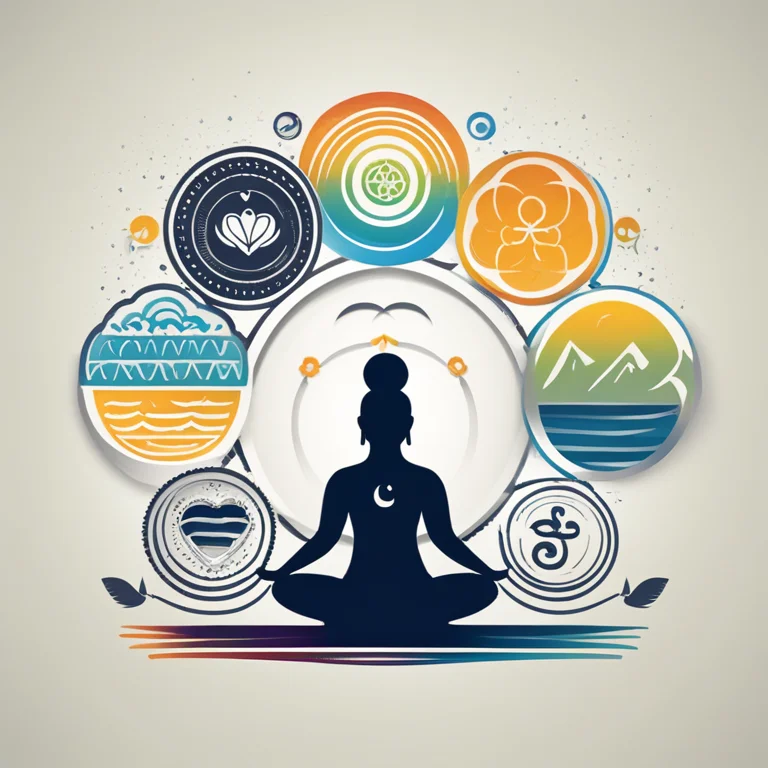
The Benefits of Meditation for Modern Living
Discover how meditation can enhance your well-being and align with contemporary lifestyles in this insightful article.
article by Hina Kurosawa
Meditation in the Digital Age
With the advent of technological advancements and the perpetual digital buzz of the modern era, finding serenity has become more crucial than ever. Meditation offers a sanctuary for the mind amidst the chaos. As we continue to grapple with the rapid pace of life, meditation serves as a balancing act, allowing us to slow down and connect with our inner selves. The practice, which dates back thousands of years, has evolved to suit our current lifestyles, providing an accessible refuge from the overstimulation of today’s digital world.

Enhanced Cognitive Function
Recent scientific studies continue to shed light on meditation's profound impact on the brain. Engaging in regular meditative practice has been shown to boost cognitive functions such as memory, concentration, and decision-making. Neuroplasticity, the brain's ability to reorganize itself by forming new neural connections, is positively influenced by meditation, leading to improved brain performance and mental clarity. This is particularly beneficial in our age of information overload.

Stress Reduction and Emotional Well-being
One of the most lauded benefits of meditation is its effectiveness in reducing stress. Techniques such as mindfulness meditation have been linked to lower levels of cortisol, the stress hormone. Furthermore, meditation fosters emotional health by providing a space for individuals to process emotions, leading to better emotional regulation and a reduction in anxiety and depression symptoms. As mental health awareness continues to rise, meditation becomes an invaluable tool in cultivating a resilient mind.

Physical Health Perks
Meditation transcends mental benefits, extending its advantages to physical health. It can improve cardiovascular health by promoting relaxation and reducing blood pressure. The practice also enhances the immune system and can lead to better sleep patterns. In a world where physical health is inextricably linked to personal and societal productivity, incorporating meditation into daily routines is a proactive approach to maintaining one's health.

Deepening Self-Awareness and Relationships
As a journey inward, meditation increases self-awareness, leading to personal growth and self-improvement. This heightened sense of self can spill over into interpersonal relationships, improving empathy and understanding. In an increasingly connected yet isolated society, developing a grounded sense of self can foster more profound and meaningful connections with others.
Integration with Holistic Practices
Meditation seamlessly complements other holistic practices such as yoga, tai chi, and qigong. As interest in holistic well-being continues to surge, meditation stands as a central practice that can enhance the benefits of these other modalities. For those seeking a well-rounded approach to health, incorporating meditation can bridge the gap between physical activity and mental peace.
Published: 1/9/2024
Modified: 1/9/2024
More predictions
Come back here soon to learn more about yourself and your future


The Harmony of Meditation & Sleep
Discover how meditation enhances sleep quality and overall well-being through mindful practices and relaxation techniques.


The Tranquil Bridge: Meditation's Impact on Sleep Quality
Discover how meditation can enhance sleep quality, weaving a path to better rest and well-being


The Serene Path: A Guide to Meditation Retreats
Discover the transformative journey of meditation retreats and how they can enhance your spiritual practice in a serene environment.